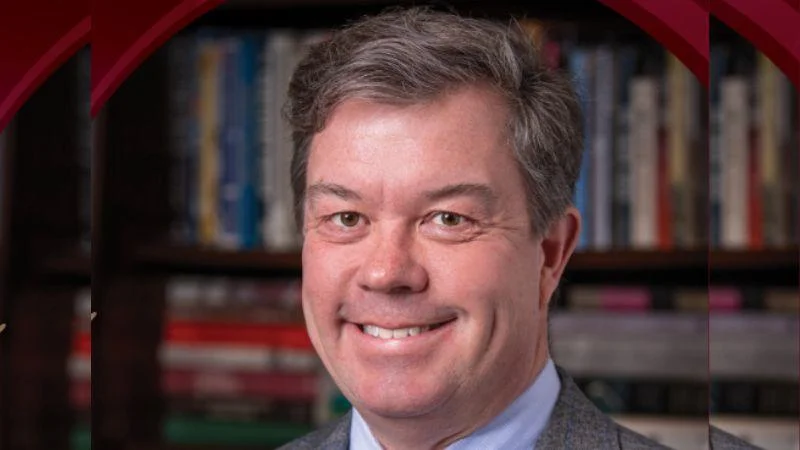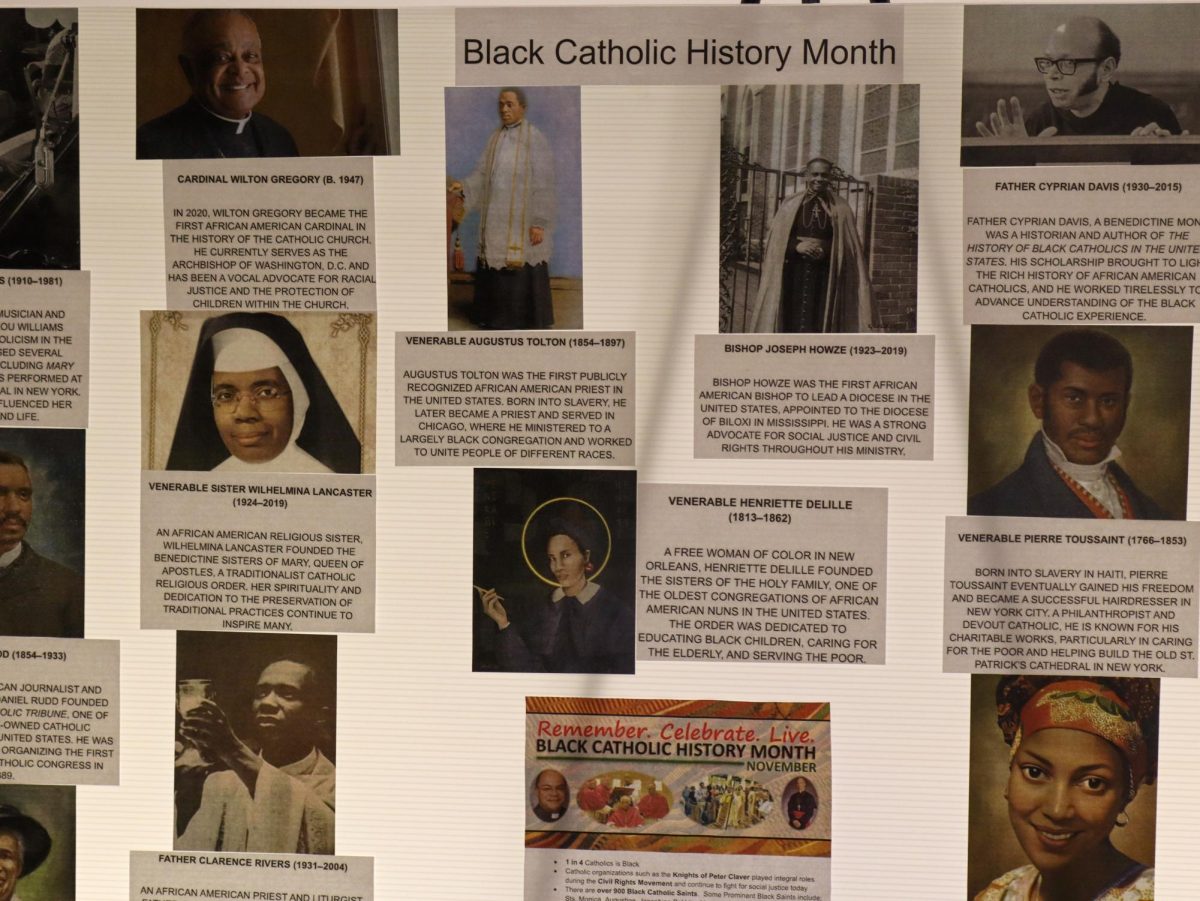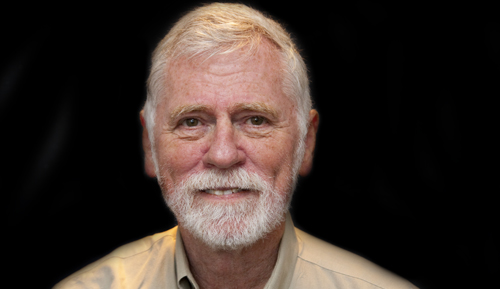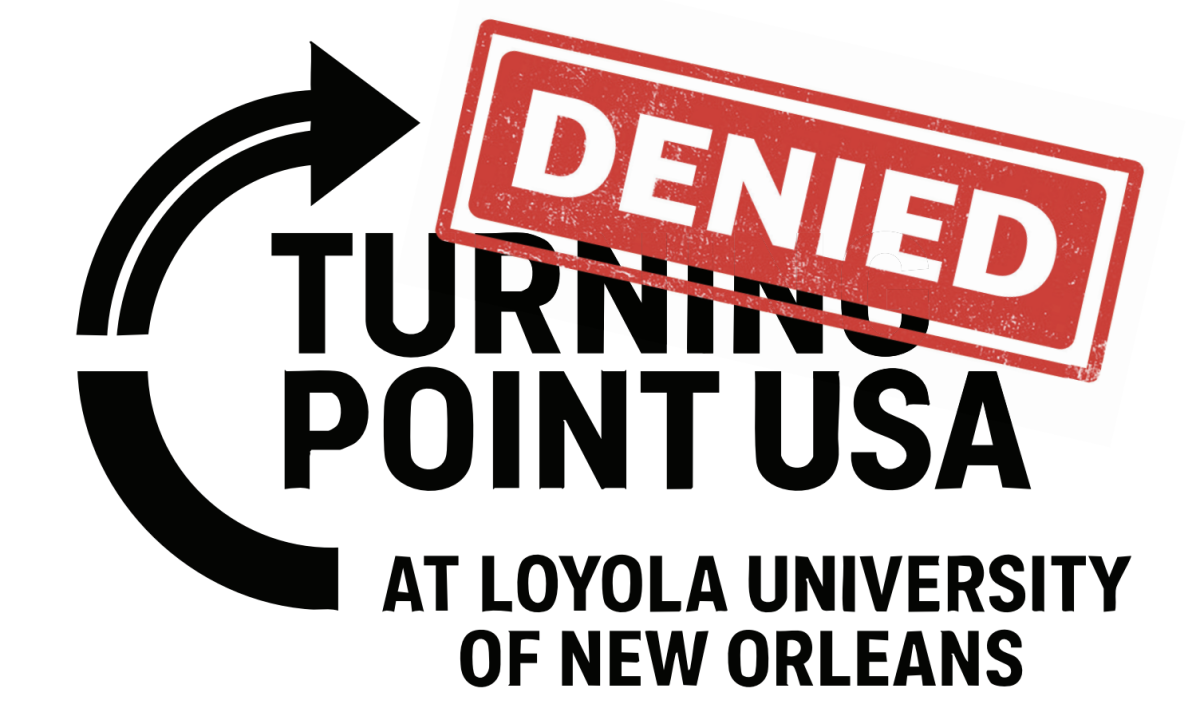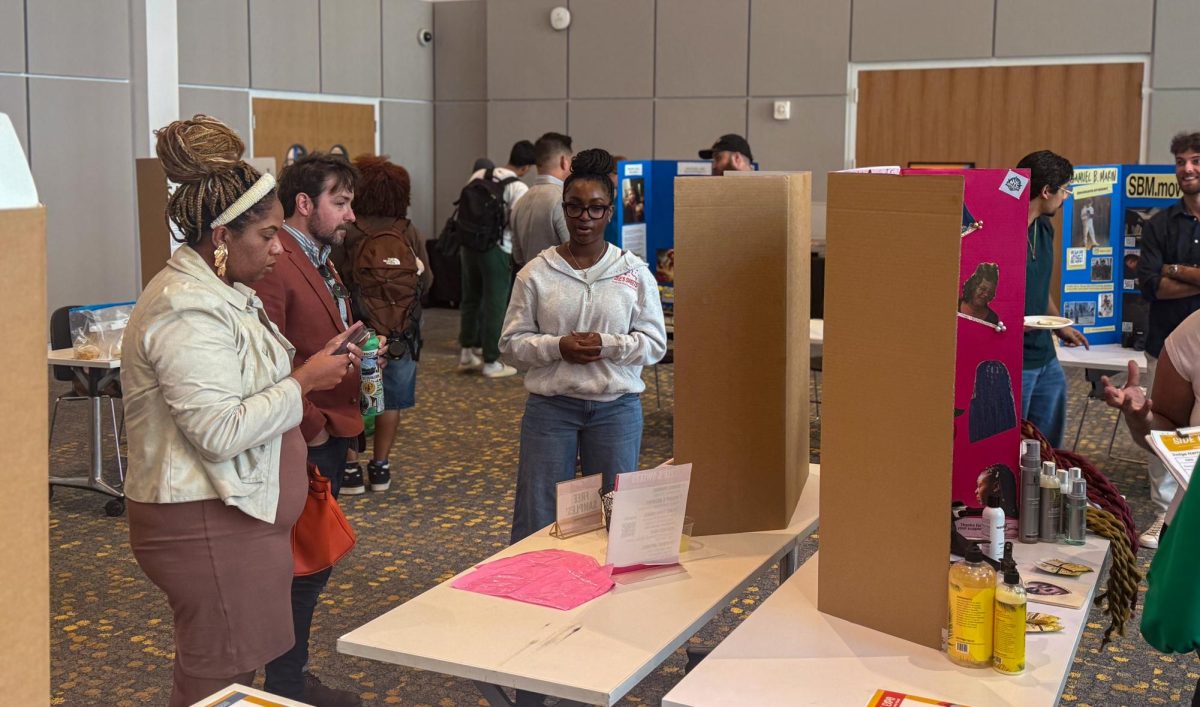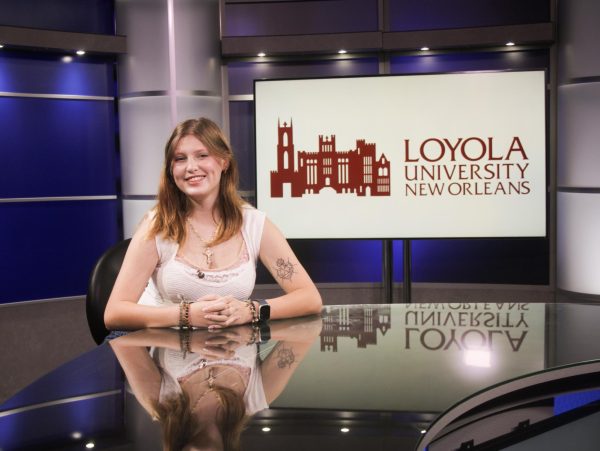Thomas A. Chambers was appointed as the university’s next provost and senior vice president of academic affairs. Chambers plans to focus on giving the Loyola community the necessary resources they require to achieve their goals of research and work, in a creative and practical manner.
Chambers has a Ph.D. in American history, and is set to begin this role in June before the fall semester.
He said he sought out Loyola due to its Ignatian pedagogy and Jesuit values, valuing the core mission of Jesuit education. Additionally, he found that Xavier Cole held a strong role as Loyola’s president and believed the school was going in a good direction due to his leadership and the contributions of the dean’s group.
“Meeting the folks there really got a strong sense of what Loyola New Orleans was like, it seemed like a place that I feel I would fit in well,” he said.
Chambers has worked in an educational environment for 20 years at Niagara University and most recently at Canisius University in Buffalo, New York, another Jesuit school.
His career in higher education began as a history major undergraduate, but after finishing graduate school, he became increasingly interested in becoming a professor. After working as professor, he was inspired to contribute towards making his university better.
“I loved being a teacher, loved being a department chair, and then there were just opportunities to help make my institution better and overcome some of its challenges,” Chambers said.
By connecting with administrators and professors, he has been able to shape his role as a reliable academic advisor.
“You needed to know people, you needed to know professors, you needed to know other administrators,” he said. “So relationships are always really, really important.”
He said he had to problem-solve financial struggles at previous universities, and worked to find creative solutions for funding.
“There’s a new strategic plan coming, and the president’s going to help put that in place,” Chambers said. “And so that is going to be the real key is how do we implement that to keep us in good shape going forward.”
He said he plans to work with the president to evaluate how to strengthen the academic vision of the institution and continue the university’s success by addressing the problems that students or faculty members come to him with at hand.
“I think, how do I help this person at this moment,” Chambers said. “And how do I understand what they need and what their interests are?”
Chambers said many students in academic trouble like probation or dismissal come to visit him due to his role, so he constantly attempts to address these situations at face value while also treating the students with respect and sincerity.
He also plans to dive deeper into analyzing the data of student success and acknowledge which classes seem to cause more students to struggle academically, and intends to pinpoint why this is happening.
He said he will take the disparities of certain groups and backgrounds into consideration as well before contacting the departments and discussing what can be done to increase student success.
“Looking also at disparities between different socioeconomic groups, whether it’s a lot of students, students of color, first generation students, eligible students,” he said. “So where are there gaps? Where are there places that we know these courses are, causing challenges for different groups of students?”.
To make sure he grows connected with Loyola’s community, Chambers stated he will attempt to be active on campus as much as possible, which includes walking around and interacting with both students and faculty.
“There’s an old saying that you shouldn’t eat lunch alone in your first couple months on the job,” he said. “So I’ll be visible, I’ll be out there. I’ll try to go meet people wherever they want to meet me. And if not, I’ll just go up and introduce myself.”
To follow the Jesuit mission, Chambers also expressed the necessity to emphasize diversity in the courses and hire as diverse a faculty as possible as a means of reaching out to all kinds of students at the university.
“People probably want to make sure that they’re at the forefront. So we have to do it. We continue to do it,” he stated.
Chambers also stated his desire to implicate more online and hybrid courses into the curriculum to be able to keep up with other universities in an innovative manner, allowing other students, like adult students, to be able to access an education easier.
He emphasized his intention to advocate investigating the latest technology, including artificial intelligence, to ensure Loyola’s students are able to adapt to the progressive landscape the world is constantly undergoing.
“You know, there’s the technical stuff and we want to increase enrollment, and we want to have more programs,” he said. “You want to have, you know, a higher academic profile, those kinds of things. But really, we just want people to say, I love Loyola, New Orleans, and I’m proud to be part of that community. I think that’s the biggest thing.”
Chambers said he has a desire to create an institution that students are happy to graduate from.
“I’m really, really excited by the opportunity to come down. It’s a good place, and I’m happy to be able to contribute and help make it better,” he said.


